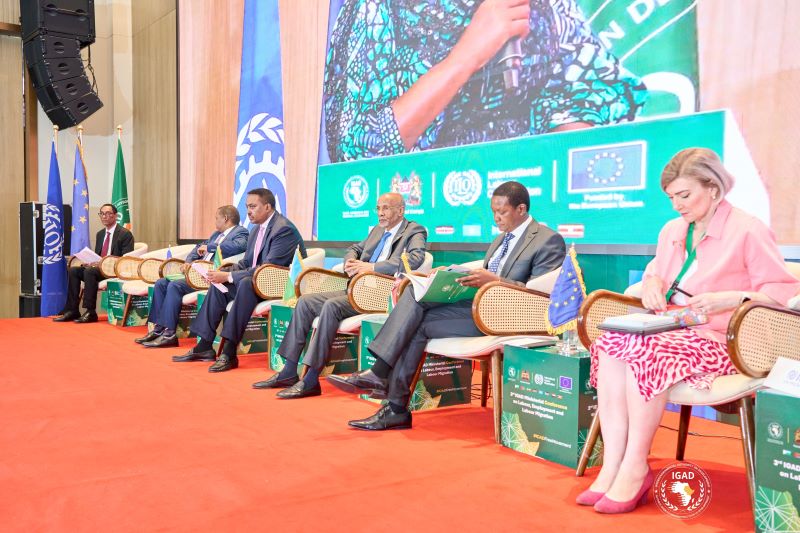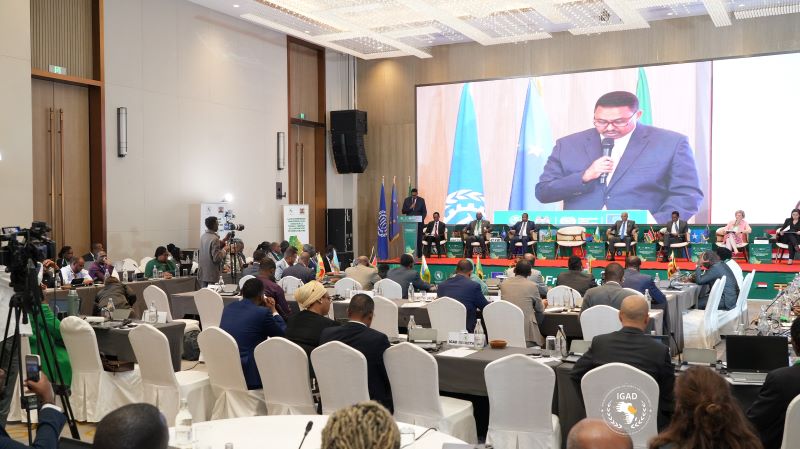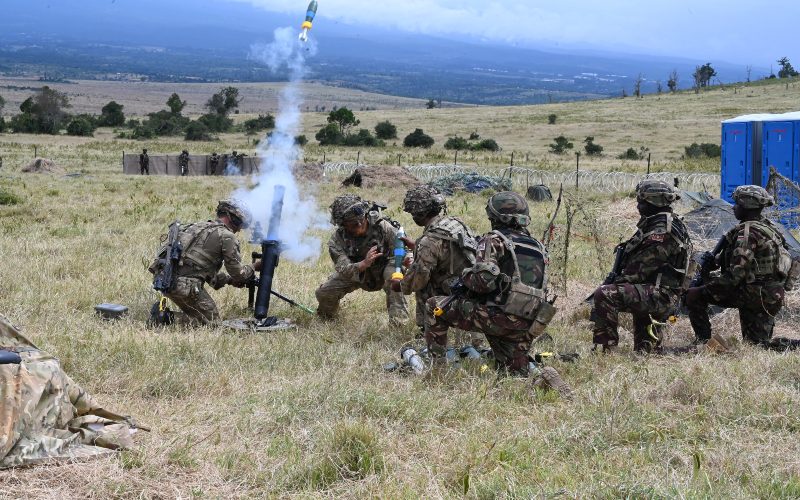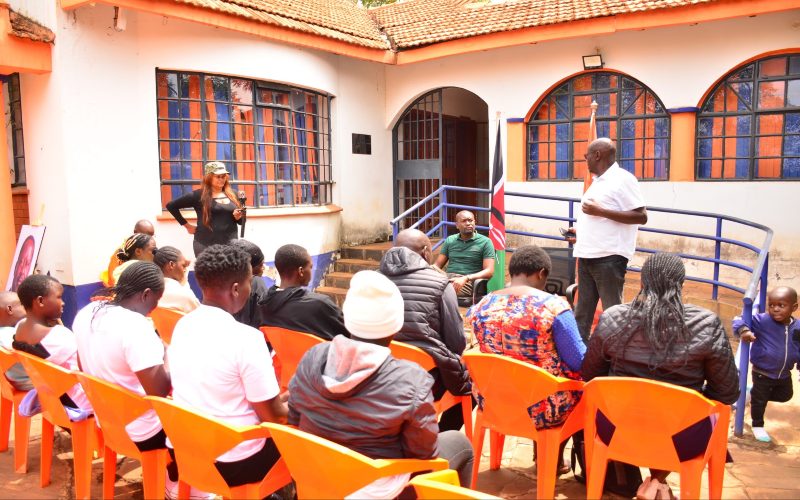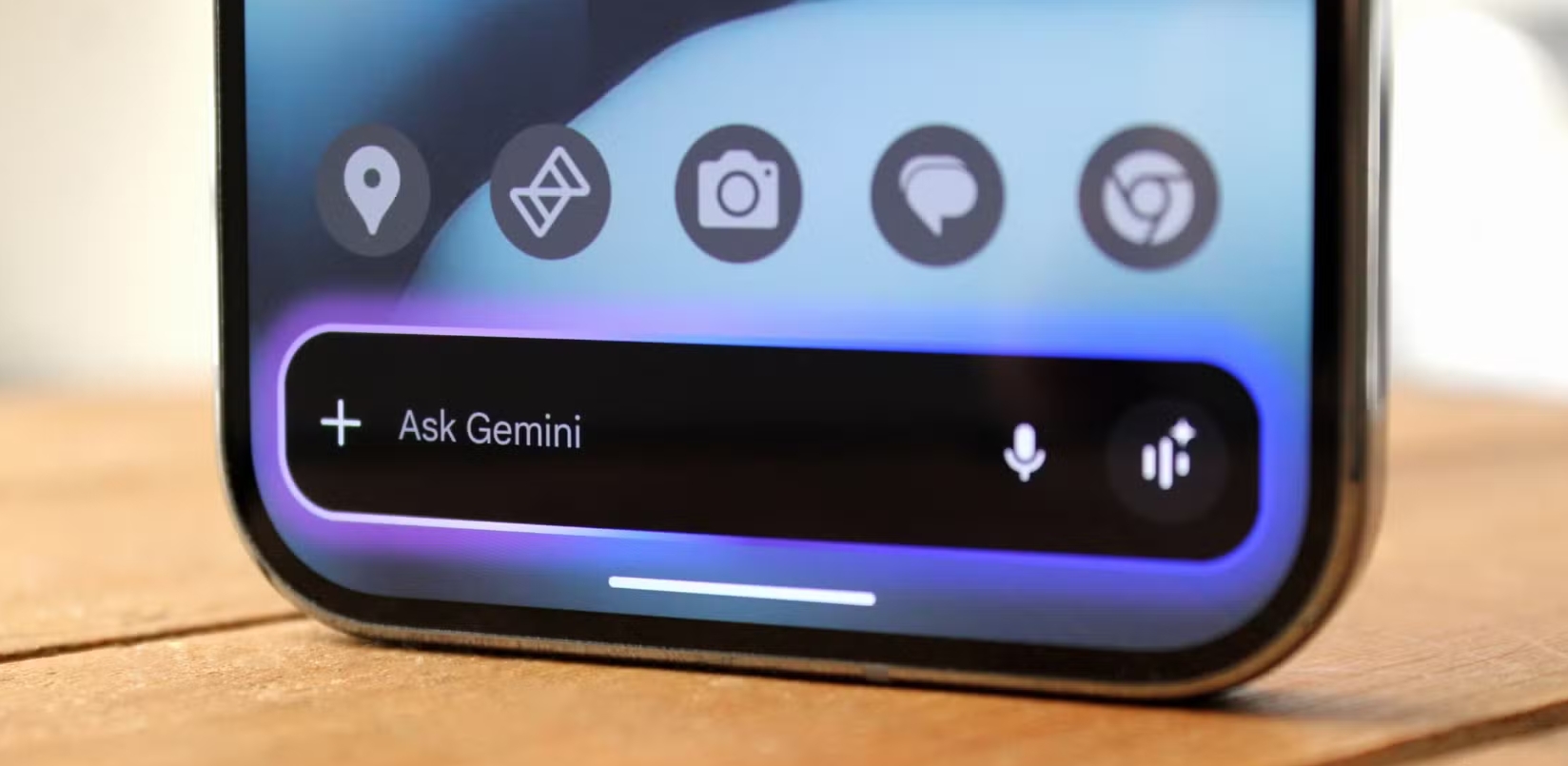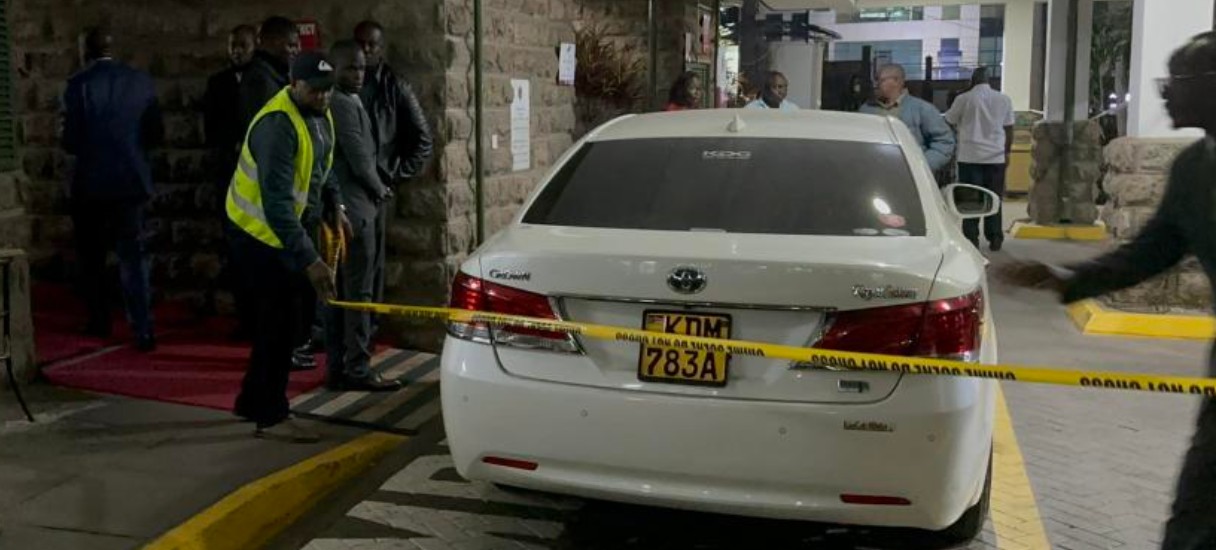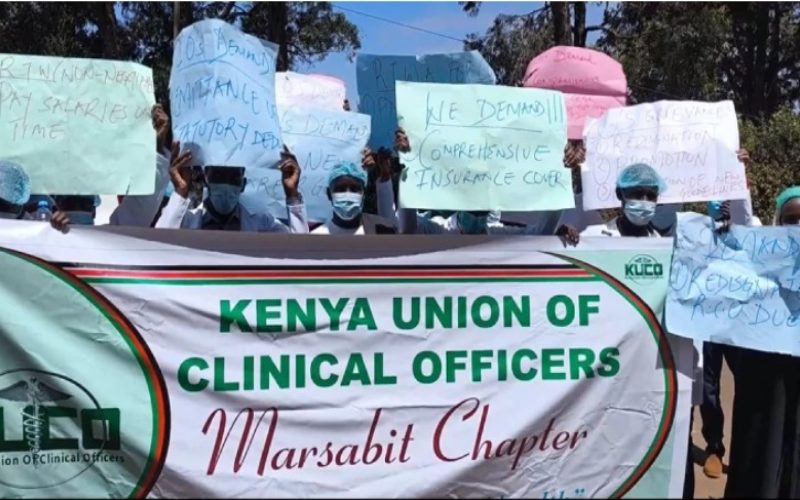PWDs urge state to employ sign language interpreters in public offices
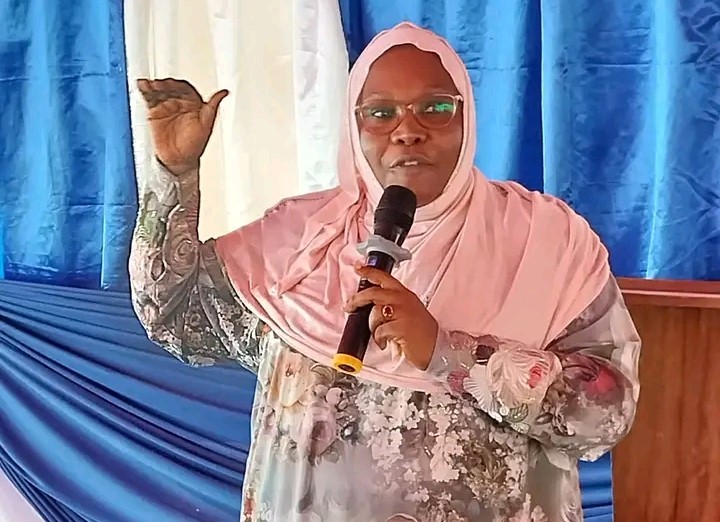
They said public servants should be trained in sign language to be able to deliver services effectively to the disabled community.
People living with disabilities (PWDs) at the Coast have urged the government to employ sign language interpreters in public institutions to allow them access to services with ease.
They said public servants should be trained in sign language to be able to deliver services effectively to the disabled community.
More To Read
- MPs push for faster completion of disability equipment factory to improve access to learning materials
- Senators grill Mombasa governor over poor accessibility to public buildings for PWDs
- Senate probes barriers facing PWDs in accessing services in Mombasa County
- PS Oluga warns stigma denying thousands of PWDs vital health services
- Health CS Aden Duale grilled over failure to deliver care for invisible disability patients
- Kenya struggles to aid persons with disabilities amid outdated data, funding shortfalls
Speaking during an interview with The Eastleigh Voice on Thursday, the Executive Director of the Coast Association for Persons Living with Disabilities (CAPWD) Hamisa Zaja said it is unfortunate that the rights of people living with disability are still violated despite the numerous sensitisation programmes.
"We have English and Kiswahili as the national languages. Why not include sign language," she argued, adding that sign language should be made a mandatory qualification for all public servants.
She lamented that PWDS have missed opportunities because they feel discriminated against when visiting public offices.
"Some PWDs lack important documents like national identity cards because when they visit government offices they face a communication challenge," she said.
Hamisa suggested that government institutions like Huduma Centre, hospitals, and local administrative offices should have sign language interpreters to allow people with hearing and talking disability to access information easily.
"I witnessed a case whereby a young lady with a talking disability had visited a Huduma Centre and nobody was willing to serve her, the staff kept on directing her to different stations," she said.
She lamented that the majority have to be accompanied to get services.
"We have a right to privacy. It is embarrassing for a person with a speaking or hearing disability to ask a third party to accompany them for family planning appointments or health checkups," she said.
Hamisa added that most rape cases among the PWDs have gone unreported because sometimes it is a close relative or even a caregiver who abuses them, and since they cannot express themselves verbally, they never report the matter to the police.
Compulsory subject
Early this year the founder and managing director of Signs Media Kenya Limited Luke Muleka urged the government to consider making Kenya sign language a compulsory subject in primary and secondary school to ensure the sustainable inclusion of deaf persons in all aspects of life.
Already, a bill sponsored by Nominated MP Umulkher Mohamed, that seeks to mainstream sign language and integrate it into the school curriculum is before Parliament. The Kenyan Sign Language Bill, of 2023, seeks to provide for the recognition, promotion, development, and use of the language.
"The bill is in line with provisions of the Constitution regarding the rights of persons with disabilities, particularly Articles 54 and 56, which mandate the State to put in place measures for the promotion of the rights of marginalized communities including persons with disabilities," the draft bill states.
Umulkher said including sign language in the curriculum will benefit about 2.7 million deaf Kenyans, a significant portion of the population.
"We are dealing with five per cent of the population - about 2.7 million people, who are deaf. That is not a small number. This is why we want the sign language made compulsory," said the nominated MP.
The National Council for Persons with Disabilities has also called on government ministries, counties, departments, and agencies (MCDAs) to employ or train sign language interpreters and build the capacity of public officers to offer support and services for deaf persons and those who are hard of hearing.
The Kenya Institute of Special Education (KISE) is set to undertake the training in Isiolo, Nairobi, Kakamega, Kisii, Kitui, Nakuru, Kisumu, and Mombasa counties.
Top Stories Today


